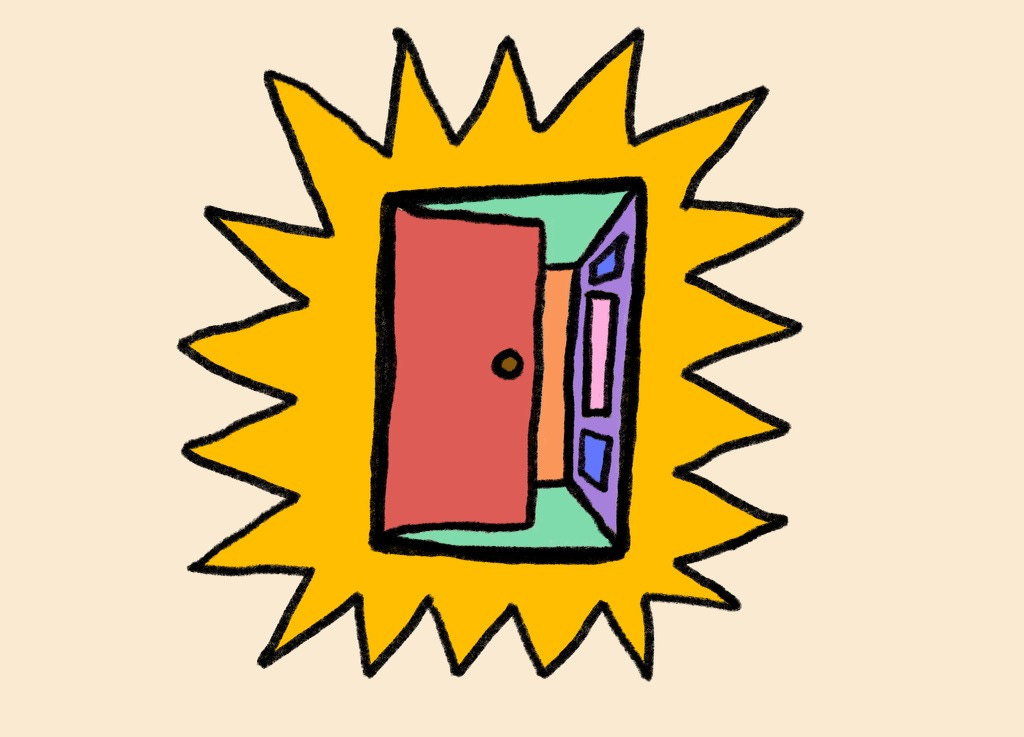The Myth of the Objective: Why You Should Walk Through Rooms, Not Chase Goals
Stepping Stones, Serendipity, and the Quiet Path to Greatness
You walk into a room. It’s dark. You move carefully through the winding paths between the distant edges. As you walk light begins to slowly seep into your vision. With every moment of observation your world is illuminated. You find things, uncover truths, challenge beliefs. Objects and ideas scattered across the walls, floors and filing cabinets create a cacophony of noise that changes your view on the world and the things in it. Your wandering changes you, it shifts your perspectives and when you allow it, it opens you up to new opportunities.
In the distance you see another room. This room is bright and you recognise some of its artefacts. “Ah yes, that is what I was looking for,” you mutter to yourself as you leave the obscurity of room 1 and embrace the serendipitous clarity of room 2.
Life, is a series of never-ending rooms. A labyrinth of information and stimulus, through which we uncover who and what we are capable of. In, Why Greatness Cannot Be Planned: The Myth of the Objective written by Kenneth O. Stanley and Joel Lehman, they liken these rooms to stepping stones. They claim that you can’t know which stepping stones matter until after you’ve stepped on them, and in turn you can’t assess the value of a room until you have explored it.
The pinnacle point of their 253 page exploration of these ideas, is that our dependency on Objectives may be holding us back from greatness. If Darwin had been focused solely on curing disease, he might never have explored natural selection. If artists only pursued what was commercially viable, we might never have discovered surrealism or abstract expressionism. In trying to aim directly at greatness, we risk missing the stepping stones that make it possible
Objectives are a function of the industrial revolution, a frame of looking at the world that prioritises repeated behaviours and a “cogs in the machine” type of system. Greatness, however, cannot be planned. It is the result of curiosity and experimentation. A deeply human experience of discovery and a willingness to use our complex brain functions to synthesise information.
Many of our greatest human discoveries and achievements are the result of coincidence, happenstance and serendipity. From the microwave to Hiphop, Post-it-notes to Penicillin, our lives are built on the back of people walking through rooms and being curious.
Those in pursuit of greatness, must therefore, not become attached to outcomes or external objectives. They must sink into an unwavering sense of faith in the process. A willingness to explore and curate experiences of stimulation, with an open heart and mind. They must look in their peripheries, catalogue and systemise their discoveries, and allow time for serendipitous moments to shape who they become and what they create.
The challenge is not figuring out what your objective in life should be, it’s actually much simpler than that. Life is about being willing to walk through rooms and across stepping stones with a sense of conscious awareness, curiosity and patience. Each step will provide a new sense of clarity for which room to explore next, and over time these experiences will build the foundations for something great.



